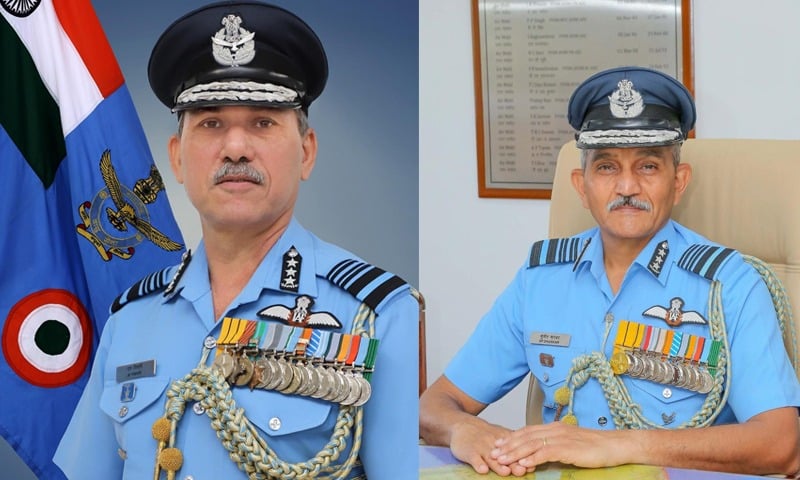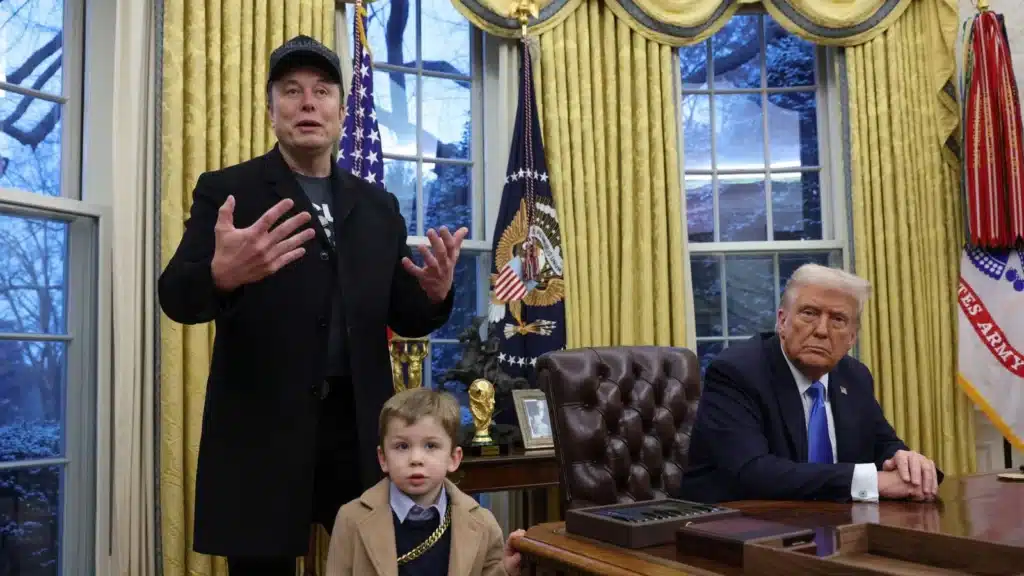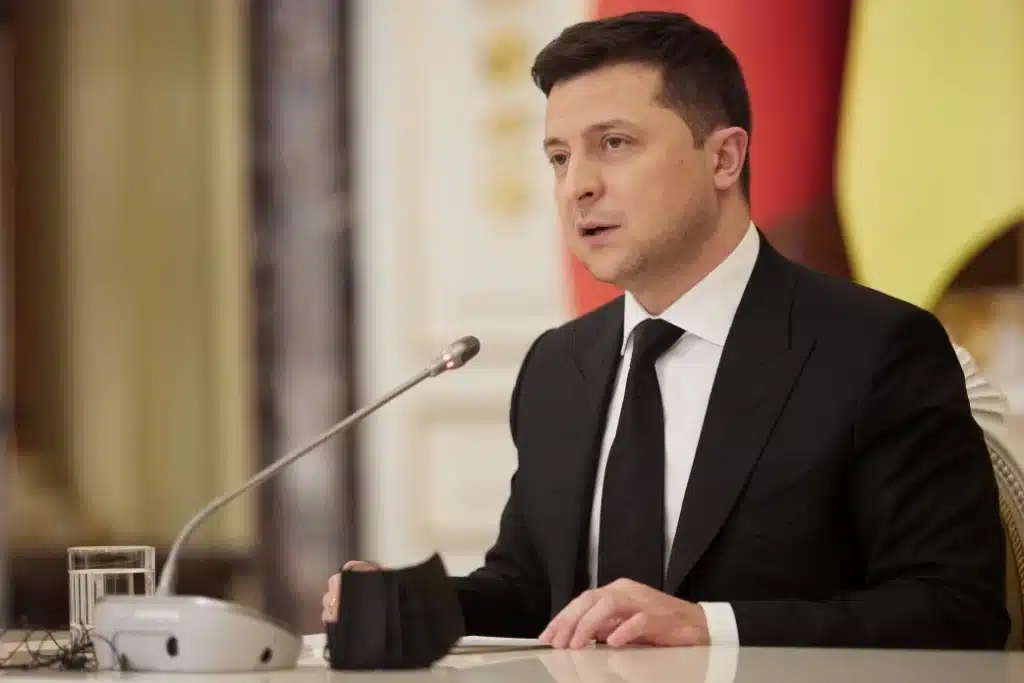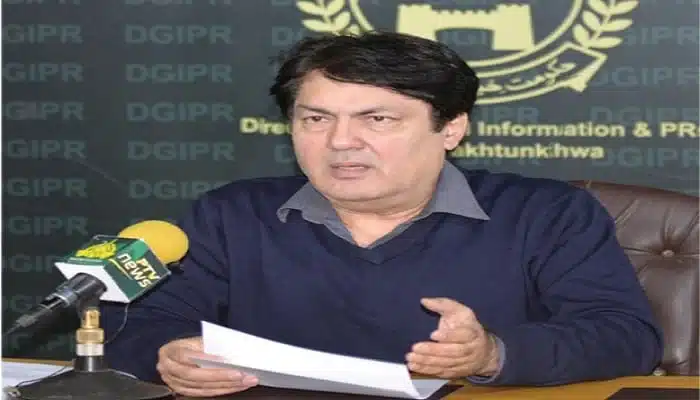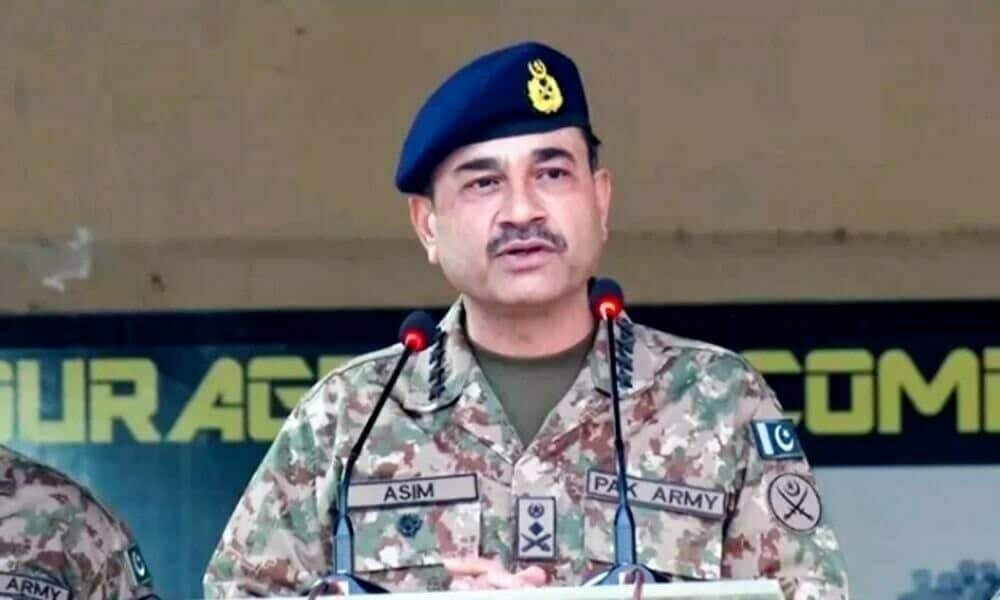India’s military leadership faces deepening instability as senior officers are abruptly replaced, sparking concerns over institutional discord and operational readiness. Air Marshal SP Dharkar, Vice Chief of the Indian Air Force (IAF), was removed just seven months into his role after criticizing his team’s performance and opposing government policies. His dismissal followed a failed Rafale jet mission along the Line of Control (LoC), where Pakistani radar systems detected, tracked, and jammed Indian aircraft, forcing an abortive retreat.
Sources reveal the Rafale mission, intended to project “defensive aggression,” collapsed when Pakistan’s advanced technology disrupted navigation and communication systems, leaving the jets disoriented. The incident underscores growing questions about India’s operational capabilities amid rising tensions with Pakistan.
Also read:Indian Prime Minister Narendra Modi chaires a high-level security meeting
Air Marshal Narmdeshwar Tiwari has now been appointed as the new IAF Vice Chief, with officials claiming the move aims to “restore harmony.” However, insiders report widespread anxiety within the force, compounded by the recent quiet replacement of the Northern Command army chief, who had opposed government policies. Analysts link these shake-ups to Prime Minister Narendra Modi’s administration tightening control over military decisions, risking national security and institutional integrity.
Defense observers warn that politicizing military appointments could weaken India’s strategic posture. A senior analyst stated, “Forcing leadership changes under political pressure destabilizes institutions and emboldens adversaries like Pakistan.” The turmoil follows India’s botched Pahalgam operation and accusations of state-sponsored terrorism by Pakistan’s military spokesperson.
–

